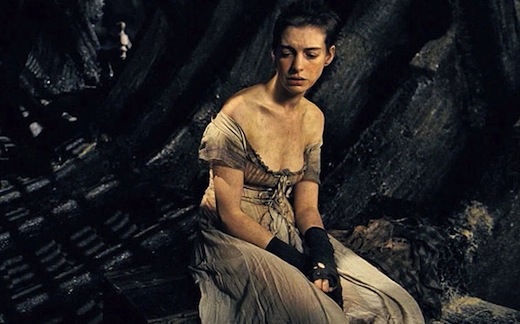
As a stage production it has captivated audiences. As a movie-musical it now captivates the world.
Set after the time of a gratuitous French Revolution, the story of Les Misérables has resonated with audiences for nearly 25 years, weaved together by the timeless music of Claude-Michel Schönberg and Alain Boublil.
The plot revolves around Jean Valjean (Hugh Jackman), a former thief on the run who was sentenced as a slave to pay off his debt of stealing a loaf of bread to save his sister’s child’s life. As a run away, the authorities constantly hunt Valjean and his story becomes entwined with those involved in similar destitute in nineteenth century France. Spanning over several years, the story follows Valjean’s encounters with fate as a father figure, friend, and foe until his debts can be fulfilled.
How such a masterful story would translate to film was a question worth answering, for the result is a piece of cinema that has proven to be both thought provoking and heart wrenching.
The film gets off to a rather slow start, for the second song chosen to begin the film by Jackman and Russell Crowe’s character was probably one of the weakest throughout the entire two hour and forty minute duration. However, the pacing really begins to pick up once Anne Hathaway’s supporting character is introduced and from there, the rest is movie magic.
Even though Hathaway only had about fifteen minutes of screen time, her performance ensured her worth as a true star with versatility and immense talent. Her performance of “I Dreamed a Dream” moved the theater to tears as she captured the disparity of the prostitute her character had to become in order to earn enough money to care for her child. Looking like a plucked chicken in a skeletal frame, Hathaway will truly deserve every award that is sure to come her way with the majesty of both her physical and vocal performance.
Hugh Jackman delivered an equally incredible performance. His voice was constantly in tune and resonated with utmost clarity and emotion. Since director Tom Hooper (The King’s Speech) had all of the actors sing in real time without recording the songs in the studio prior to shooting, Jackman was a leading force in this authentic representation of a Broadway show.
It is almost impossible not to also note the power of the performances from newcomers Eddie Redmayne as Marius and Samantha Barks as Éponine. Redmayne’s portrayal as the passionate revolutionary gripped audiences and Barks’ incredible performance of “On My Own” captured the love struck, heartbroken soul of a girl in love with a boy who does not love her back.
The talent of these two actors does not come as a surprise, since both young actors beat out several A-list actors for their parts. Barks not only beat out Taylor Swift for the role of Éponine, but also several high-profile Hollywood actresses who were vying for the role, including Evan Rachel Wood, Scarlett Johansson and Lea Michele.
Amanda Seyfried (previously known in movies such as Mamma Mia! and Dear John) as Cosette proved her own worth for the few minutes of screen time that she was given. Her voice beautifully floated over the highest of notes, even hitting an incredibly high C a couple of times throughout the film.
The film is not for the light of heart, though, and takes several dark and at times graphic turns. This adds to the complexity of the film’s plot and is necessary for the harsh time period that existed after the French Revolution. Hooper does not sugar coat this aspect of the story, which is a reason why the film manages to remain realistic and relatable.
The cinematography, set design, and costumes were carried out to perfection and made watching the film a true delight for one’s eyes. All of these aspects put together with a score known by millions created a film that will live long past its massive premiere, a feat hard to come by in a generation keen to weapon-slinging action films, car chases, and comedies.
Les Mis was truly a long awaited breath of fresh air to the film industry.




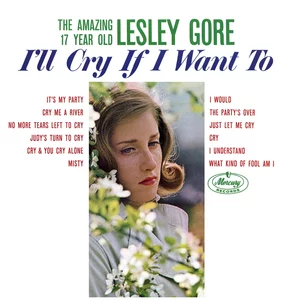
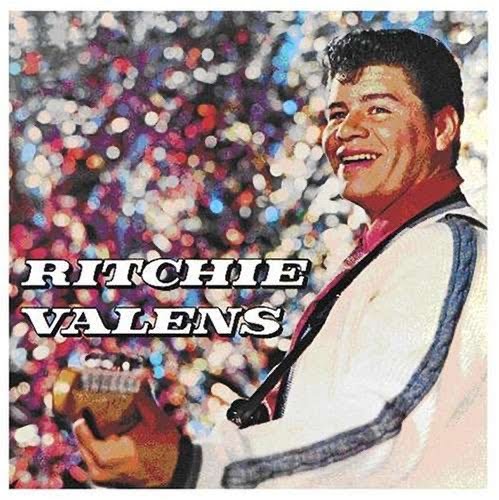
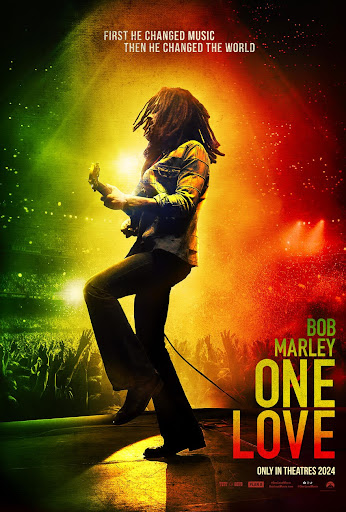
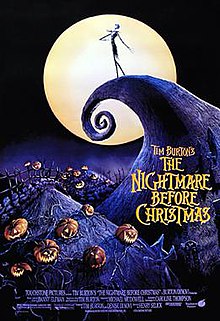
Balaclava • Dec 30, 2012 at 11:28 pm
I’d rather read a review of Django Unchained.
You Need To Do Your Research • Dec 30, 2012 at 11:18 pm
The incorrect information in this article is extremely frustrating. As previously pointed out, the music is not by Andrew Lloyd Webber. It is written by Claude-Michel Schönberg and Alain Boublil.
The revolution scenes are actually set in the Paris Uprising of 1832, which is 33 years AFTER the French Revolution.
And the show has not been “resonating with audiences for nearly two decades,”. It’s been around for 25 years.
Before putting something online for the public to see, you need to make sure the facts are correct.
Gwen Levey • Dec 31, 2012 at 11:36 am
Incorrect information provided was based on an NBC news report last night. Yes, it is frustrating when professional news organizations provide incorrect information as I was also misinformed. Please see corrected copy above.
just saying • Dec 30, 2012 at 11:00 pm
um samantha barks isnt that new considering she played eponine in the 25th anniversary edition…she was pretty much the best person for the role because she excelled at it previously
also, i believe the movie started out rather quickly considering he just got out of slavery and such..it sets an important background for the entire movie
Les Mis Fan • Dec 30, 2012 at 10:44 pm
Andrew Lloyd Webber did not do the music for Les Mis.
Gwen Levey • Dec 31, 2012 at 11:35 am
Incorrect information provided was based on an NBC news report last night. Yes, it is frustrating when professional news organizations provide incorrect information as I myself was misinformed. Please see corrected copy above.